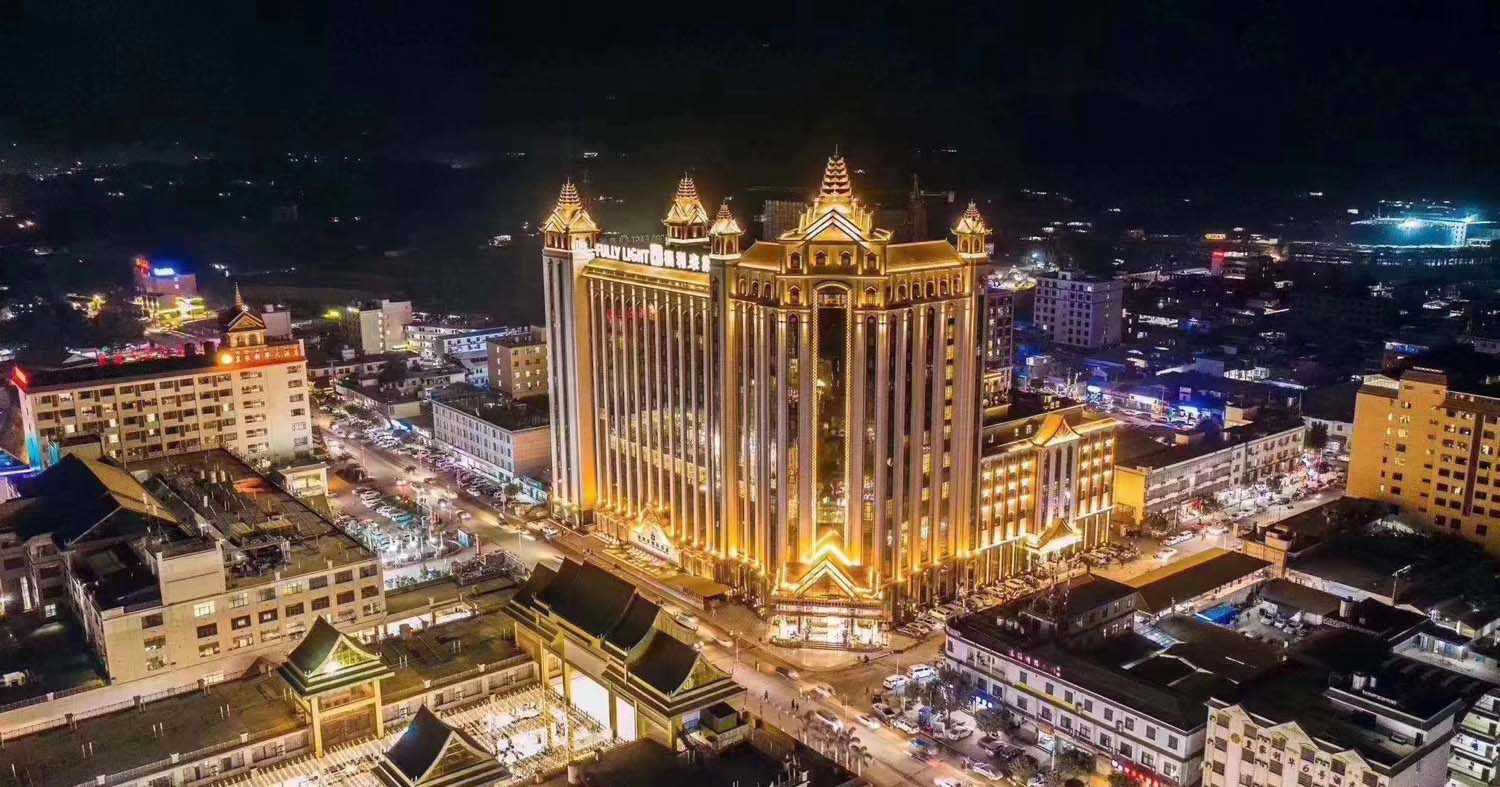The Kokang casino dream;Another example of how the chinese addiction of Gambling fuels new areas in Burma
- phuketrichard
- Expatriate
- Posts: 16882
- Joined: Wed May 14, 2014 5:17 pm
- Reputation: 5784
- Location: Atlantis

The Kokang casino dream;Another example of how the chinese addiction of Gambling fuels new areas in Burma
keep in mind, this is Burma...

Local politicians in a border region known for its frequent outbreaks of violence hope to transform it into the “next Macau”, but will have to overcome instability, politics and corruption to achieve their vision.

Local politicians in a border region known for its frequent outbreaks of violence hope to transform it into the “next Macau”, but will have to overcome instability, politics and corruption to achieve their vision.
read the full story; https://www.frontiermyanmar.net/en/the- ... ino-dream/The Kokang region is a thin sliver of high mountains and steep valleys wedged between the Thanlwin (Salween) River to the west and the Chinese border to the north and east.
In the 18th century, the Yang clan, loyalists of the former Ming dynasty, consolidated control over the Kokang region.
.....After the British conquest of Burma, Kokang was briefly acknowledged as part of China, but in 1897 it was ceded to British Burma and became part of the Shan states.
But the incursion of retreating Kuomintang forces from China into Shan State thrust it onto the global stage in the 1950s.
In the following decades, Laukkai was a stronghold of the Communist Party of Burma. But in early 1989, the ethnic guerrillas of the CPB began rebelling against their mostly Bamar commanders. The mutiny erupted first in the Kokang region, in March 1989, and quickly spread to the Wa and Mong La regions.
......The Kokang region remains synonymous with drugs. For decades, narcotics were the engine of the local economy and provided the capital for ostensibly legitimate business empires in Yangon, Mandalay and other parts of the country. Opium production in 2002 stood at around 175 tonnes, yielding tens of millions of dollars for small growers and billions of dollars once it hit the streets of foreign markets.
But in the early 2000s, the region’s dependence on drugs – or at least opium – began to change. The MNDAA introduced a policy of becoming opium-free by 2003, and to encourage this transition – and replace the lost income – the military government allowed the group to licence casinos in Laukkai.
A United Nations Office on Drugs and Crime report following a visit to Laukkai in March 2003 observed that Peng’s Kokang administration had “allowed numerous gambling casinos and small games of chance operators to open, catering to Chinese from across the nearby border checkpoints with China”.
Almost immediately the notorious drug lord Lo Hsing Han, an ethnic Kokang who would go on to establish the Asia World conglomerate, helped to broker a ceasefire between Lieutenant General Khin Nyunt, the head of Military Intelligence, and a local Kokang commander, Peng Jiasheng (known in Burmese as Phone Kyar Shin).
....The shift to an economy focused around satisfying gamblers from China has transformed Laukkai into a permanent boomtown. When journalist Bertil Lintner visited in late 1986 he found a town that was “little more than a collection of ramshackle structures made from wood and bamboo”. By 2003, karaoke bars, massage parlours and “other night life businesses” had already come to dominate the downtown area, according to the UNODC.
Today Laukkai boasts around 30 casinos and 50 hotels, including some that are 20 storeys or more – comparable to the taller buildings in Yangon. Mercedes, Land Cruisers and other expensive vehicles – all without official registration – fill the streets.
In a nation run by swine, all pigs are upward-mobile and the rest of us are fucked until we can put our acts together: not necessarily to win, but mainly to keep from losing completely. HST
-
- Similar Topics
- Replies
- Views
- Last post
-
- 351 Replies
- 106671 Views
-
Last post by phuketrichard
-
- 0 Replies
- 1371 Views
-
Last post by CEOCambodiaNews
-
- 0 Replies
- 878 Views
-
Last post by CEOCambodiaNews
Who is online
Users browsing this forum: Doc67, Roryborealis, Spigzy, xandreu and 903 guests

